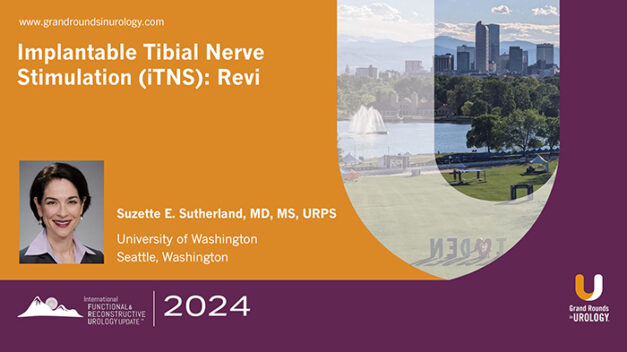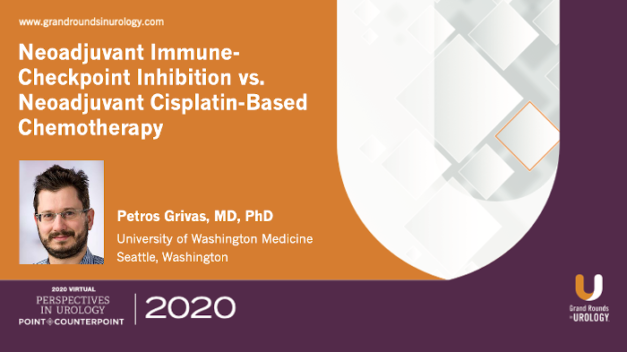Implantable Tibial Nerve Stimulation (iTNS): Revi
Suzette E. Sutherland, MD, MS, URPS, focuses on implantable tibial nerve stimulation (ITNS) for treating overactive bladder and urinary incontinence. In this 17-minute presentation, she introduces the Revi device featured in the OASIS trial.
After discussing the Revi device’s benefits, Dr. Sutherland reviews the implantation procedure and the 12-month data from the OASIS trial, which show promising results. The device is considered safe, with no serious adverse events reported. Minor issues such as discomfort were easily resolved with reprogramming, a feature of note with this device.
Sutherland emphasizes the importance of ease of use, safety, and flexibility in choosing ITNS devices. As more implantable devices enter the market, factors like surgical complexity, reprogrammability, battery replacement needs, and ongoing support will determine their success.





